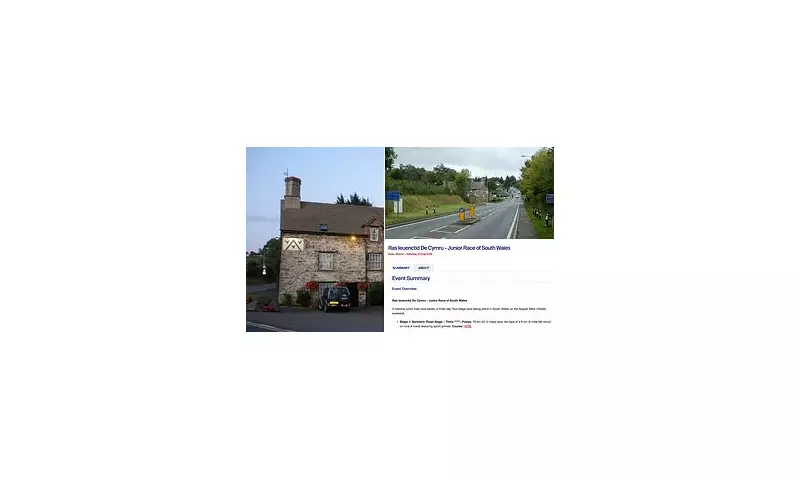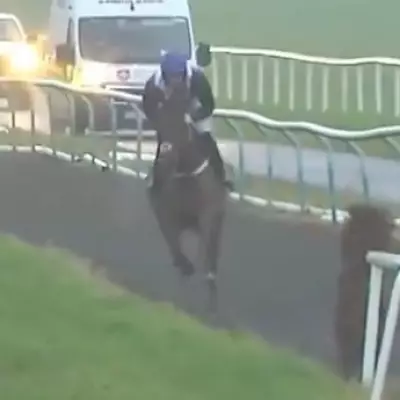
National cycling authority Cycling UK has been plunged into a fierce row over tradition and modern sensibilities after it was accused of 'woke censorship' for banning the name of a historic British village from an official race.
The controversy erupted when the organisation's West Midlands branch ordered the Herefordshire-based Beacon Roads Cycling Club to remove all references to the village of Three Cocks from a proposed racing event. Officials reportedly demanded the club find a 'more appropriate' name for the time trial, deeming the centuries-old village name potentially offensive.
Historic Name, Modern Panic
The village of Three Cocks in Powys, Wales, derives its name not from anything salacious, but from the Three Cocks Inn, a historic coaching house that was named after the family crest of its 17th-century owners, the Williams family, which featured three cockerels.
Despite this innocent history, event planners were told the name was unsuitable. The club's secretary, Robyn Armstrong, expressed her disbelief, stating the move was an overzealous attempt to avoid any potential for juvenile humour or offence where none was intended.
A Cycle of Ridicule
The decision was met with immediate and widespread derision. Locals and cycling enthusiasts took to social media to condemn the move as absurd and patronising.
Critics accused Cycling UK of being utterly out of touch, prioritising a misguided sense of political correctness over the rich heritage of the British countryside. The story was quickly picked up by national publications, including Cycling Weekly, further amplifying the backlash.
Clash of Culture and Bureaucracy
This incident highlights a growing cultural tension between preserving historical names and the increasing pressure on organisations to pre-emptively sanitise language. For the residents of Three Cocks and the cycling community, the decision was not about inclusivity but about erasing a piece of local identity.
The backlash forced Cycling UK into a defensive position, prompting a review of their internal policies on event naming conventions. The affair serves as a stark reminder that what might look like proactive sensitivity from within a bureaucratic bubble can often appear as sheer foolishness to the outside world.





